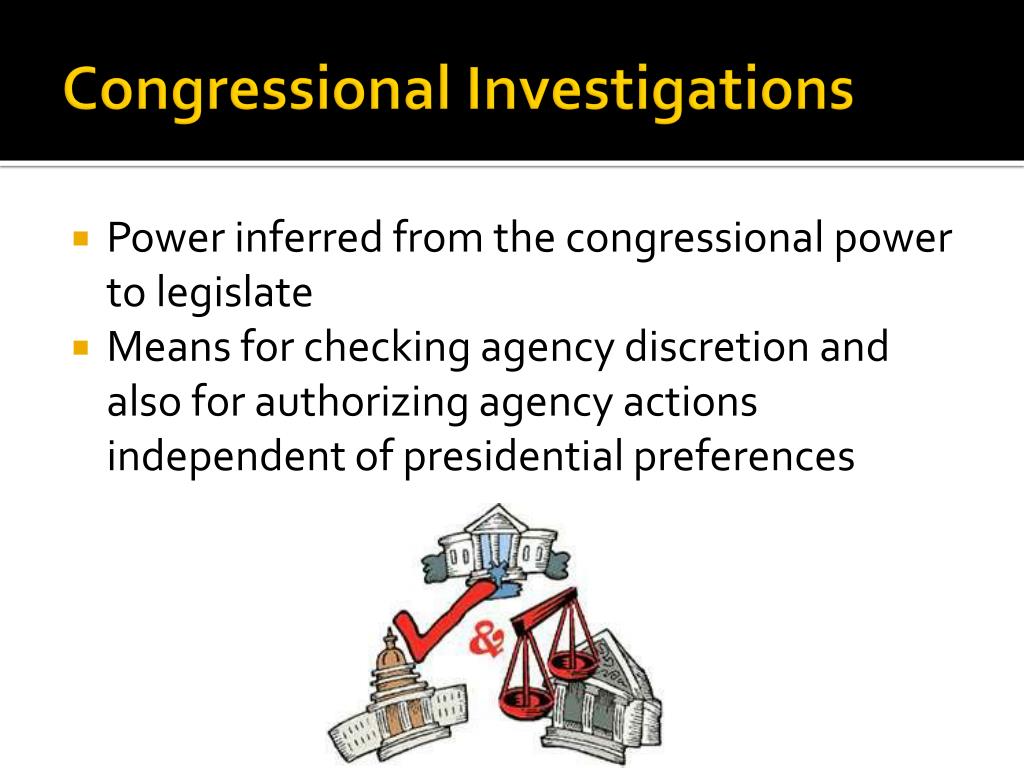
Oversight is an implied rather than an enumerated power under the U.S. It is an integral part of the American system of checks and balances. These include authorization, appropriations, investigative, and legislative hearings by standing committees specialized investigations by select committees and reviews and studies by congressional support agencies and staff.Īrthur Andersen Witnesses: Arthur Andersen witnesses testify at the Subcommittee on Oversight and Investigations of the Committee on Energy and Commerce House of Representatives (107th Congress) hearing on January 24, 2002.Ĭongress’s oversight authority derives from its implied powers in the Constitution, public laws, and House and Senate rules. However, oversight, which dates to the earliest days of the Republic, also occurs in a wide variety of congressional activities and contexts. Congress exercises this power largely through its congressional committee system. Congressional oversight refers to the review, monitoring, and supervision of federal agencies, programs, activities, and policy implementation. In summary, Congress may exercise the powers that the Constitution grants it, subject to explicit restrictions in the Bill of Rights and other protections in the Constitution.Ĭongressional oversight refers to oversight by the United States Congress of the Executive Branch, including the numerous U.S. Constitution that set forth the authoritative capacity of Congress. enumerated powers: The enumerated powers are a list of items found in Article I, Section 8 of the U.S.


Congress’s oversight authority derives from its implied powers in the Constitution, public laws, and House and Senate rules.Congressional oversight refers to oversight by the United States Congress of the Executive Branch, including the numerous U.S.


 0 kommentar(er)
0 kommentar(er)
